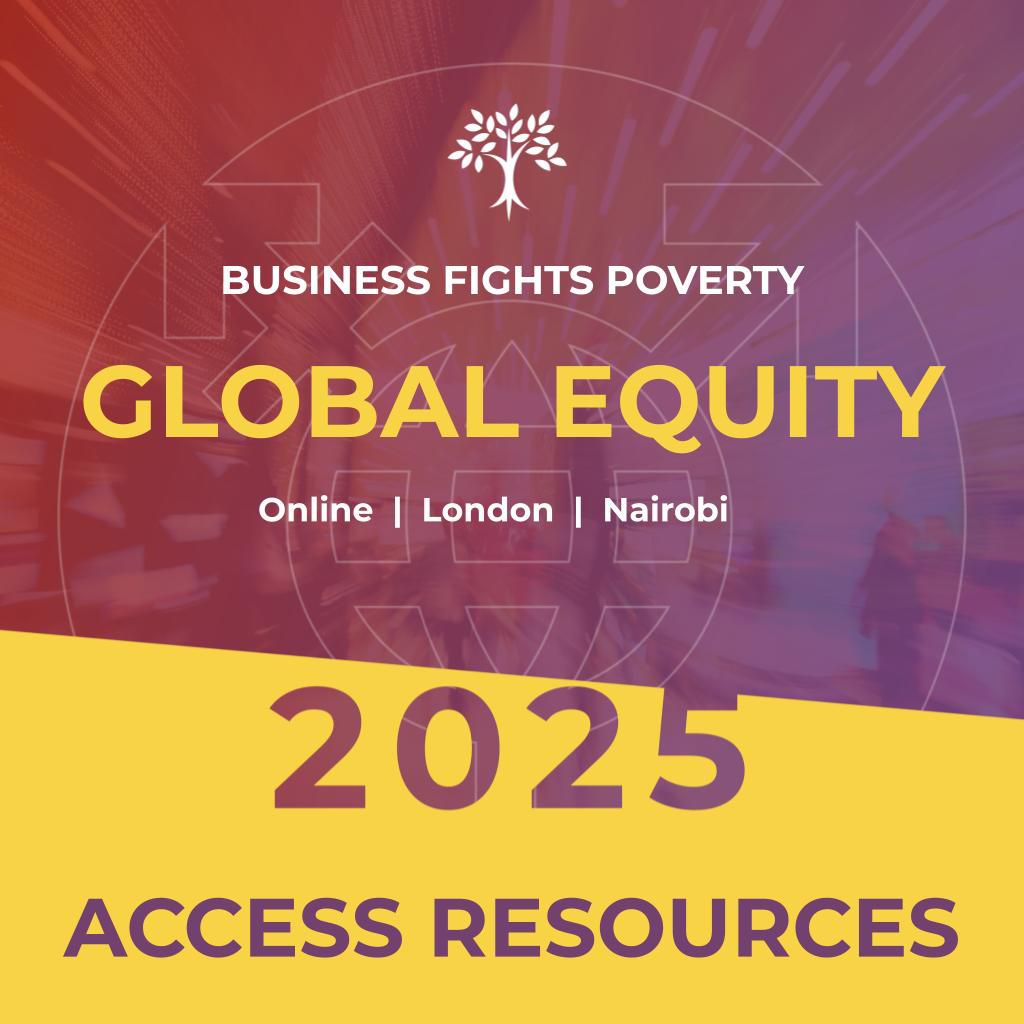As responsible tourism goes mainstream, the issues of environmental and social responsibility have been placed firmly on the agendas of global company boards.
But the myth remains that it is only small specialist companies that have adopted a responsible tourism strategy. This is however, not the case and major global travel and tourism companies have set themselves ambitious targets.
In a relatively short space of time, responsible tourism has moved from niche to mainstream. The issues of environmental and social responsibility have now been placed firmly on the agendas of the Boards of many global companies, and are increasingly being embedded into core business strategy and reporting systems.
Major businesses are showing leadership in committing to significant reductions in their overall environmental impact.
To choose just a handful of examples, Fairmont Hotels and Resorts are targeting a 20% reduction (on 2006 levels) in operational CO2 emissions by 2013, NH Hoteles is aiming for a 20% reduction in water, waste and energy by 2012 (on 2007 levels) and Marriott is reducing its carbon footprint by 25% by 2017 through energy conservation. Whitbread has pledged to reduce carbon emissions by 26% by 2020, IHG (through its “Green Engage” system) is hoping to achieve energy savings of up to 25% across its portfolio of hotels globally and Starwood has just announced a 30% reduction in energy use and a 20% decrease in water consumption per available room by 2020.
And through organisations such as IBLF’s International Tourism Partnership, business leaders make an ongoing commitment to shared learning and practical collaboration in this endeavour.
The Challenges
The International Tourism Partnership has a strong role to play in highlighting best practice in sustainability within the hotels sector, and in pressing the case for further change if the industry is to thrive into the longer term.
Most of the measures that are either being planned by the industry or that are already in place point to incremental change over a number of years. Examples of system-wide “disruptive innovation” that re-define the basic business model (built on assumptions of continual volume growth) are harder to find.
Opportunities
As customers, employees, business partners and investors increasingly look for evidence of environmental and social responsibility, there remains a real challenge in not only sifting the genuine from the ‘green washing’, but also in making meaningful comparisons across the industry on a like-for-like basis.
Firstly, creating an open, informed, and transparent marketplace in which ‘apples can be compared with apples’.
And secondly, continuing to encourage collaboration and learning so as to help identify the next game-changing ‘disruptive innovation’ that will take us beyond merely incremental progress towards genuine sustainability.










